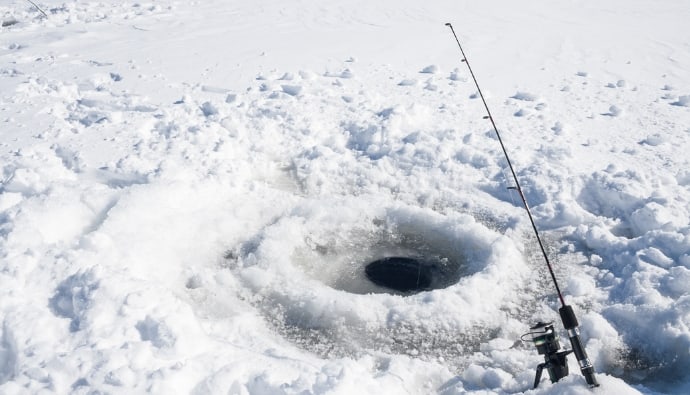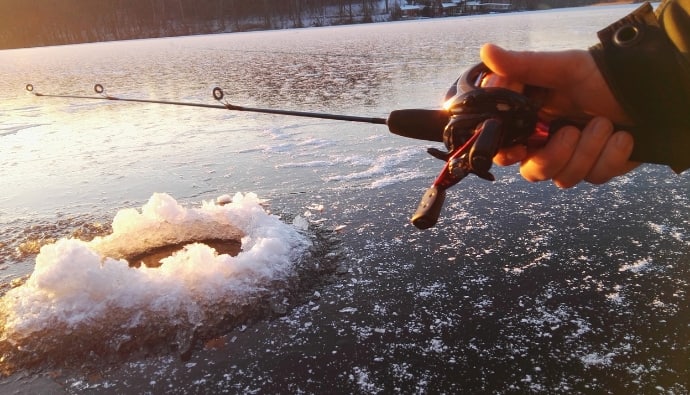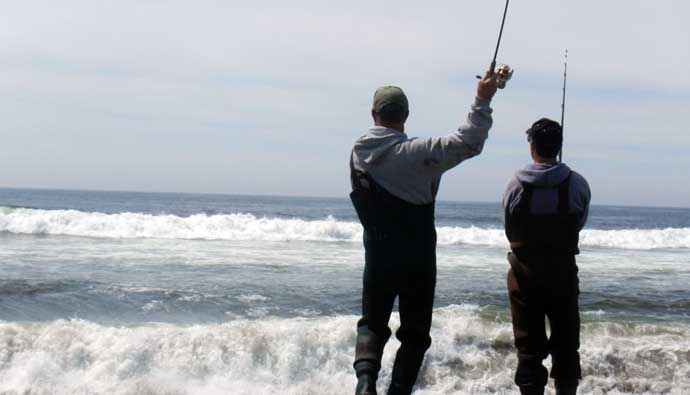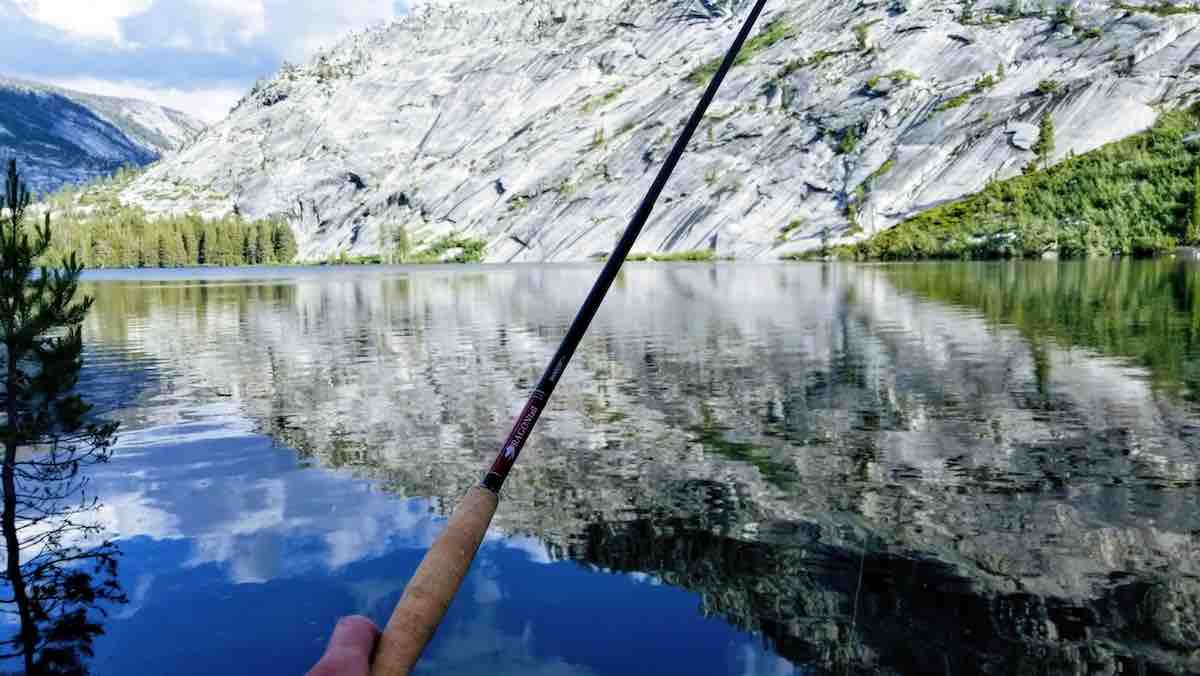Living in the city can be hectic and stressful. There are so many people and so much noise. Being woken up early in the morning by noises from your neighbors or the sound of cars driving by can be frustrating. It’s easy to get caught up in the rat race and forget what’s important.
When you live in the city, you are often surrounded by concrete and metal. Nature is usually nowhere to be found. This can lead to city dwellers feeling disconnected from the world around them.

Being woken up early by the sun is a testament to how different nature can be from city life. In a way, it can be quite jarring to go from one extreme to another.
Additionally, you’ll be able to appreciate the little things in life much more. The chirping of birds, the sound of rain on leaves, and the beauty of a sunset can be taken for granted when living in a city.
While transitioning from city life to a life of nature can be daunting, the benefits outweigh the challenges. So, if you’re considering making the switch, go for it! You won’t regret it.
Listen to the New Age Alchemist on the Cast & Spear Podcast
The Benefits of Transitioning from a City Life to a Life of Nature
“It’s an interesting transition, honestly. And looking back, I’m very disappointed. I didn’t start sooner,” according to New Age Alchemist, an experienced YouTuber. There are many benefits to transitioning from city life to a life of nature. They include:
Increased Peace and Relaxation
When you’re surrounded by nature, it’s easy to relax and let go of the stresses of city life. The quiet of nature is a refreshing change from the noise and chaos of the city.
Improved Sleep Quality
The peacefulness of nature can also help you to sleep better at night. When you’re not constantly bombarded with noise, you can fall asleep more easily and wake up feeling rested and refreshed.
Improved Physical Health
You can improve your physical health by transitioning from city life to a life of nature. When surrounded by pollution and noise, it’s easy to develop health problems.
Nature provides us with fresh air and can help to improve our overall well-being. Also, you can experience new activities and sports and get in touch with the natural environment.
Increased Creativity
Living in nature can also increase creativity. It’s easy to be inspired when all of that beauty surrounds you. The natural world provides us with an endless source of inspiration for our creative endeavors.
Improved Mental Health
Nature has a calming effect on the mind and can help improve mental health disorders such as depression and anxiety. This is because nature can help to reduce stress levels and promote relaxation.
When the mind is calm, it’s easier to think clearly and make good decisions. Additionally, nature can provide a sense of awe and wonder, boosting your mood and outlook on life.
A Sense of Connectedness
When you live in nature, you often feel a greater sense of connectedness to the world around you. This is because you are surrounded by natural beauty. Also, you may feel a sense of connectedness to other people who live in nature.
“Being actually more into the country, into the forest nature type of thing, it definitely humbled me for sure. Like without a doubt humbled me, but it definitely made me appreciate life and how it interacts with a lot of different things a lot more,” this was the Alchemist’s experience with nature.
A Sense of Wonder and Awe
Nature can provide a sense of wonder and awe. This is because it is so different from the hustle and bustle of city life. Seeing the stars at night or a beautiful sunset can leave you awestruck.
A Sense of Solitude
Nature can provide a sense of solitude. The countryside life affords plenty of opportunities for quiet contemplation.
When surrounded by nature, it’s easy to find peace and solitude, which helps you clear your mind and focus on what’s important.
The Challenges of Transitioning from a City Life to a Life of Nature
Every transition comes with its own set of challenges. Here are some of the challenges you may face when transitioning from city life to a life of nature:
Limited Amenities
When you live in nature, you may have to sacrifice some of the amenities you’re used to. The nearest store may be miles away, and you may have to go without cell phone service or Internet access.
“And rarely do I buy meat from just a conventional food PLA or a supermarket,” Alchemist said.
A Lack of Social Interaction
Suppose you’re not used to being around people; living in nature can be isolating. The nearest neighbor may be miles away, so it’s important to make an effort to socialize with others who share your interest in nature.
Limited Entertainment Options
There may not be much to do for entertainment when you live in nature. You need to get creative and find ways to enjoy yourself without TV, the Internet, or other electronic distractions.
A Lack of Structure
In the city, you may be used to having a lot of structure in your life. You may have a job, school, and a set routine. When you transition to nature, you may find less structure in your day-to-day life.
Inconvenience
City life is convenient. You can walk to the store, take public transportation, or drive your car. When you transition to nature, you will have to sacrifice some of that convenience to enjoy the slower pace of life.
“Being closer to nature, especially trying to get into hunting, it definitely gives perspective around it. It’s not as easy as just going to the grocery store. This is something that’s been a convenience for us for the last, like, what 200 years,” Alchemist said.
A Lack of Stimulation
City life is stimulating. There’s always something going on, and people and noise constantly surround you. When you transition to nature, the stimulation may be different from what you’re used to. You may have to make an effort to find things that interest you.
Deficit of Resources
When you live in nature, you may have to be more self-sufficient. The nearest store may be miles away, so you’ll need to stock up on supplies before heading out into the wilderness.
Risky
City life is safe. People surround you, and there are laws to protect you from harm. When you transition to nature, you may be in a more vulnerable position. You need to take precautions to protect yourself from the elements and wild animals.
Despite the challenges, transitioning from city life to a life of nature can be a rewarding experience. With a bit of effort, you can overcome the challenges and enjoy all the benefits of nature.
How to Make the Transition from a City Life to a Life of Nature
You have decided to transition from city life to a life of nature. Here are some tips to help you make the transition:
Start by Doing Your Research
Before you make a move, it’s essential to do your research. You need to know what to expect, and you need to find out which areas of the country are best suited for a life of nature.
The amenities you’re used to in the city may not be available in rural areas, so you’ll need to be prepared for a different way of life.
Make a Plan
When you’re transitioning from city life to a life of nature, it’s important to have a plan. A good plan will include both short-term and long-term goals, and it will outline the steps you need to take to make the transition.
You should make a budget and save enough money to cover your expenses for some time. You’ll also need to find a place to live and ensure that you have all the supplies you need to live in nature.
Take Your Time
Once you’ve decided to transition from city life to a life of nature, there’s no need to rush into things. Take your time and make sure that you’re prepared for the change.
You can start by making small changes, like spending more time outdoors or taking walks in nature. Also, you can start to reduce the amount of time you spend in the city. Over time, you can gradually transition to a life of nature.
Get Involved in the Community
The community can be a great resource for those making the transition from city life to a life of nature. Many communities are devoted to living sustainably and enjoying nature.
You can find these communities online or join an outdoor group or club in your area. These groups can provide you with support and encouragement as you transition to a life of nature.
Be Patient
Transitioning is not always easy, and there will be times when you feel frustrated or overwhelmed. Be patient and give yourself time to adjust. Eventually, you’ll find your rhythm, and you’ll be able to enjoy all the benefits of nature.
Making the transition from city life to a life of nature can be a challenge, but it’s also an exciting adventure. With a bit of planning and preparation, you can make the transition and enjoy all that nature has to offer.
Tips for Living in Nature After Transitioning from a City Life
Once you’ve transitioned from city life to a life of nature, it’s important to know how to live in your new environment. Here are some tips:
Learn About the Local Flora and Fauna
One of the best parts of living in nature is being able to connect with the local flora and fauna. When you’re first getting started, it’s essential to learn about the plants and animals in your area. This way, you can avoid harming them and take advantage of their unique abilities.
Get to Know Your Surroundings
To live in nature, you need to be aware of your surroundings. This means knowing the landmarks, the seasons, and the weather patterns. It’s crucial to be aware of where the nearest town is and how you can get there in an emergency.
Be Prepared for Wildlife
In nature, you may encounter wildlife. It’s important to be aware of the dangers posed by wild animals and to take precautions to protect yourself and your family.
New Age Alchemist had this to say about his experience with wild animals, ” I heard the little pitter-patter, and sure enough, instinctively, I started running because I felt it like it was charging at me. I started running, dropped all my gear, and climbed up a tree. I don’t even know how I climbed up the tree, but I was up there for 20 minutes. Sure enough, a mother and her litter were chasing me.”
Simplify Your Life
When you’re living in nature, it’s important to simplify your life. This means eliminating all unnecessary possessions and clutter that you don’t need. You can also simplify your schedule and reduce routine tasks to make more time for enjoying nature.
Enjoy All the Benefits of Nature
Living in nature comes with many benefits, including improved mental health, decreased stress levels, and increased energy levels. Make sure to take advantage of these benefits and enjoy your new surroundings.
Dress Appropriately
The weather in nature can be unpredictable, so it’s important to dress appropriately. This means bringing clothes for various weather conditions, including rain and cold weather. You should also bring sturdy shoes that can handle rough terrain.
Get to Know Your Neighbors
Your neighbors can be a great asset when you’re living in nature.
As Alchemist said, “But maybe there’s potential in joining up with like a few other neighbors going in and buying a whole cow and dividing it versus buying certain cuts because that’s more expensive than buying a whole cow or buying half a cow.”
Get to know them and ask for their help when you need it.
Living in nature can be a rewarding experience. By following these tips, you can make the transition from city life to a life of nature easier and more enjoyable.
Final Thoughts
The life of nature can be a great change from city life. However, it’s essential to do your research and plan before making the transition.
Once you’ve made the transition, it’s important to get involved in the community and be prepared for emergencies. But most importantly, enjoy the simple things in life. Nature has a lot to offer!
By following these tips, you can transition from city life to a life of nature. You can make the most out of living in nature with a little planning and preparation.



 Facebook
Facebook YouTube
YouTube



